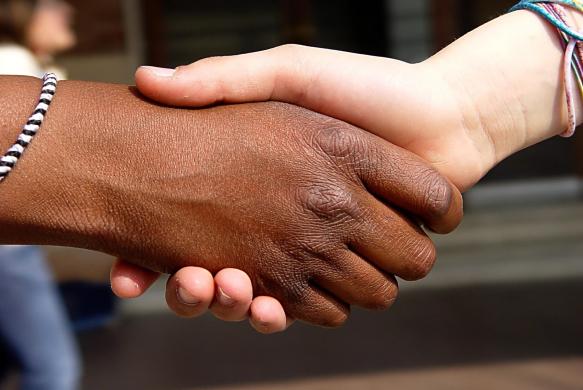 Photo: Canva
Photo: CanvaAfter the coming of the Holy Spirit at Pentecost, the small group of Jesus' disciples went out fearlessly to preach the good news and form Christian commuities. When Matthew wrote his gospel about 50 years later, his community had grown so much that he referred to it as a church. But he saw that there were conflicts among members which needed to be resolved. Matthew remembered words of Jesus and applied them to the life of his community (18:15-20). Jesus said that if people feel they have been wronged they should not harbour grudges letting anger and resentment poison their hearts. No, they should go to speak to the other person in order to make peace. If that doesn't work then they should ask a member of the community to come with them, not to judge but to help to bring reconciliation.
If this is not successful, they should bring the matter to the whole community in an atmosphere of prayer and loving fellowship. Then Matthew says something that could be misinterpreted. He says that if he does not listen to the community, the person should be treated as a pagan or tax collector as if he should be rejected. But Matthew himself was a tax collector and he was called by Jesus to be a disciple. He had experienced the mercy and compassion of Jesus who is always ready to offer a second chance.
As we pray in the Eucharistic prayer for Reconciliatiion, ''By the working of your power, O Lord, may hatred be overcome by love, revenge give way to forgiveness and discord changed to mutual respect.'' Amen.
Don Hornsey - Lower Hutt Aotearoa/New Zealand




Comments (0)